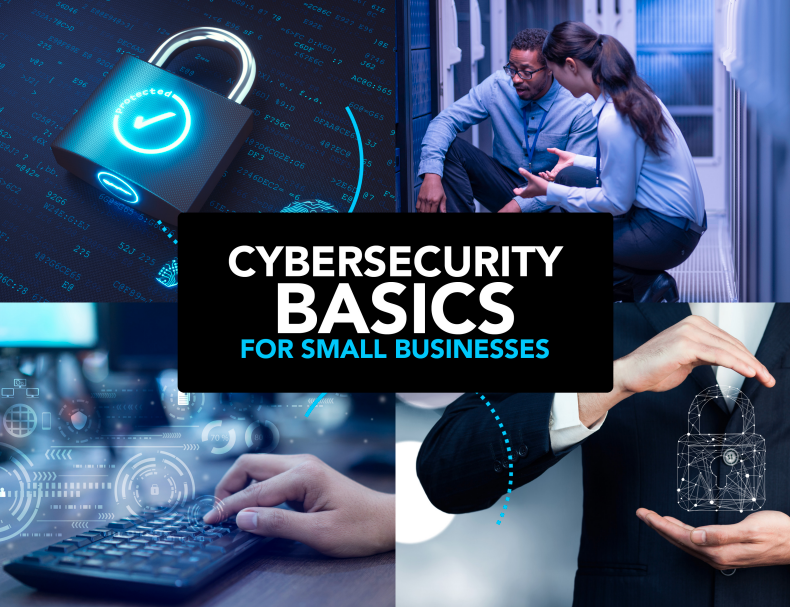
The risks of a cyberattack are considerable. Companies could spend tens of thousands of dollars just to recover from an attack. There’s also the reputational and regulatory downsides if businesses allow data to be compromised, stolen or accessed by unauthorized parties. To help businesses better understand the risks and solutions, this guide serves as a comprehensive introduction to cyberattacks and how to prevent them.
Defining Cybersecurity and Cyberattacks
Cybersecurity is a collection of preventative measures designed to defend computers, data, mobile devices, servers, networks and users from malicious attacks. Cybersecurity generally focuses on issues that arise from internet-connected devices and systems. Cyberattacks are criminal activities designed to disrupt networks, prevent access to data, websites and systems, or extract valuable information. Some cybercrime is done solely to wreak havoc on websites and computer systems. Other activities are intentional attacks designed to steal and sell personal information, company secrets or intellectual property. Other cyberattacks are done for geopolitical reasons to disrupt governments, elections or economies.
What Are the Types of Cyberthreats?
Malware. Malware is a portmanteau of “malicious” and “software.” It is an umbrella term that covers programs designed to cause harm once installed on a targeted computer or server. Malware includes: Trojans – Programs that hide a virus or other malicious program. Many “free software” offers trick unsuspecting users into downloading and installing other apps that are actually Trojans. Adware or Spyware – These programs can take over web browsers and redirect activity to other sites, usually e-commerce pages. These can be difficult to remove and frustrating, as they often use pop-up windows or pages that appear behind another. More nefarious adware can monitor which websites you visit or track keystrokes. Viruses – Often spread by using removable devices on otherwise clean machines, visiting malicious pages or clicking on email attachments, viruses are designed to damage or destroy files stored on a network. Worms – A kind of virus that replicates and propagates itself from computer to computer connected to a network. Typically, worms consume computing resources, slowing or stalling your machine.
Who Commits Cybercrime?
Many people imagine cyber attackers as hoodie-wearing, sunglasses-toting bad guys in their basement inflicting harm for personal gain or “fun.” While there is an element of truth in that stereotype, there are other players in the cyberattack realm. The criminals may be: Single actors or groups looking to disrupt or steal • Political operatives looking to steal information for nefarious means • Nation-states authorizing attacks that cripple electronic systems and defenses, disrupt communications or infrastructure, or corrupt or steal data • Corporate actors or individuals looking to steal information that allows for an economic, strategic or military advantage.
The number and type of threats are constantly changing. That’s why small businesses need to be vigilant about how to address the potential attacks.
Want to figure out how to keep your business protected? Contact us today!

